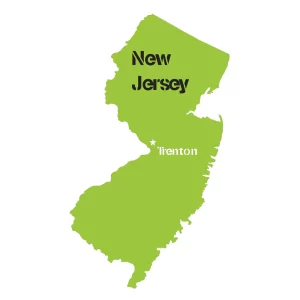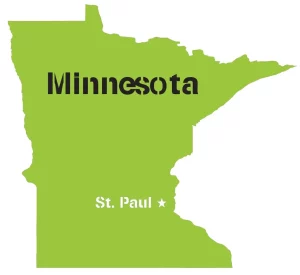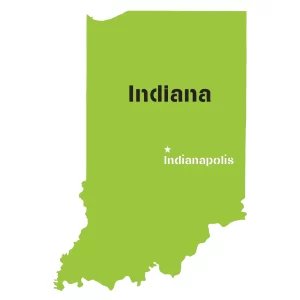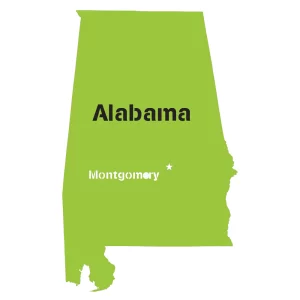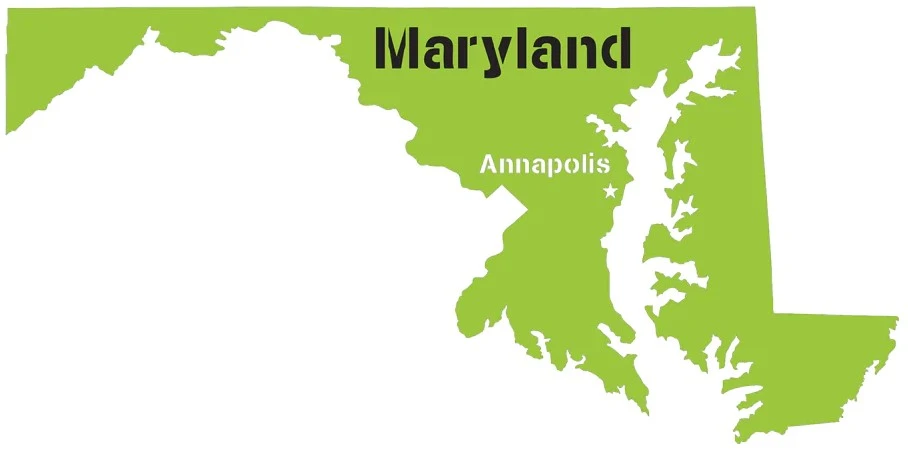
Kratom has had a controversial history in Maryland. While it remains legal at the federal level, there have been efforts to ban or restrict access to this herbal supplement over concerns about its safety and potential for abuse. However, proponents argue that kratom offers therapeutic benefits and should remain available.
A Brief History of Kratom Legality in Maryland
The leaves of the Southeast Asian native Mitragyna speciosa tree are the source of kratom. It has ingredients that have the potential to be psychoactive or mind-altering. Kratom has been used for centuries in Asia for its stimulant or sedative properties, depending on the dose.
In recent years, kratom has gained popularity in the United States as an alternative medicine for issues like chronic pain, anxiety, and opioid withdrawal. Estimates suggest 3 to 5 million people now use kratom regularly in the U.S.
However, there have been concerns raised about the safety of kratom, as well as its potential for abuse and addiction. This has prompted some states and local jurisdictions to impose bans or restrictions on the herb.
Failed Attempts at an Outright Kratom Ban
In 2016, Maryland was one of six states that introduced legislation to ban kratom altogether. The bill would have criminalized the possession and distribution of the herb. However, after pushback, it ultimately failed to pass.
Again, in 2019, Maryland lawmakers proposed a bill to add kratom to the list of Schedule I-controlled dangerous substances. This would have made kratom illegal to sell, use, or possess in the state. Facing resistance, the total ban bill was withdrawn.
The Current Kratom Law in Maryland
As of January 2024, kratom remains legal in Maryland for adults over the age of 18. There are no state or local laws prohibiting the possession, use, or distribution of kratom powder and leaves.
However, there are some restrictions in place:
- In 2019, Maryland passed a law prohibiting the sale or distribution of kratom to minors under the age of 18. Providing kratom to someone under the age of 18 would be a criminal offense.
- Kratom’s products cannot be adulterated or misbranded. They must follow the FDA labeling requirements for supplements.
- Kratom cannot be sold for human consumption. It must be labeled as “not for human consumption” when sold as a supplement. This restriction is intended to prevent kratom from being marketed for recreational use.
- There are county-level bans on kratom in Sarasota and San Diego counties in Florida. But no county-level prohibitions exist in Maryland.
So in most of Maryland, adults can legally:
- Possess kratom for personal use
- Buy and sell unadulterated kratom products labeled not for human consumption
- Use kratom as an herbal supplement
However, there are some gray areas that cause confusion. For example, kratom is banned from being served at bars or restaurants in Maryland.
The DEA’s Role and Potential for Future Bans
In 2016, the U.S. Drug Enforcement Administration (DEA) tried to classify kratom as a Schedule I controlled substance nationally. This would have made kratom illegal across the country.
However, after backlash from advocates, the DEA withdrew its intent to schedule kratom. The agency opened a public comment period to reevaluate the decision.
The DEA still considers kratom a “drug of concern.” If the federal government eventually bans or restricts kratom, Maryland would likely follow suit with similar state-level policies.
For now, the DEA has not taken any action to prohibit kratom nationwide. But the possibility remains on the table, complicating the future legality of kratom in Maryland.
Arguments from Both Sides of the Kratom Debate in Maryland
The debate around kratom legality in Maryland has been contentious. As is often the case, there are passionate voices on both sides of the issue.
Arguments for Kept Kratom Legal
Advocates who want to keep kratom legal make several arguments:
- Kratom is safe when not abused. Banning it is an overreaction.
- Kratom offers therapeutic benefits as an alternative medicine. It has helped many manage pain, opioid withdrawal, anxiety, and more.
- Kratom is less addictive than opioids. It can be used to help recovering opioid addicts.
- Outlawing kratom will just push demand to the black market, where products are unregulated.
The American Kratom Association, a pro-kratom lobbying group, has been active in fighting proposed kratom bans in Maryland. AKA argues bans will harm kratom consumers who rely on it for their health.
Arguments for Banning Kratom
Groups in favor of making kratom illegal counter with their own arguments:
- Kratom acts like an opioid in the brain. It carries risks of abuse, addiction, and overdose.
- The FDA has raised concerns about the safety of kratom, including reports of death associated with its use.
- Kratom impairs motor function and should not be allowed in public spaces like bars and restaurants.
- Kratom use is on the rise in Maryland. More regulation is necessary to prevent problems down the road.
- There is not enough research to prove kratom is safe or effective as an herbal supplement.
Law enforcement groups and anti-drug advocates have warned about the hazards of kratom. They support further restrictions, if not an outright ban, at the state level.
The Takeaway: Kratom’s Legal Status Remains Controversial
The debate around kratom continues in Maryland today. While kratom is currently legal in the state, its status remains controversial.
There are logical arguments on both sides. Proponents want to keep access to this alternative medicine open. Opponents see safety risks that merit a total ban.
Maryland has so far resisted an outright kratom prohibition. But the federal DEA could still schedule kratom as an illegal drug, changing the landscape. Kratom’s future legality in Maryland remains uncertain.
For now, most adults can legally access and use kratom under Maryland law. But consumers should stay up-to-date on this rapidly evolving issue as the public debate continues.
